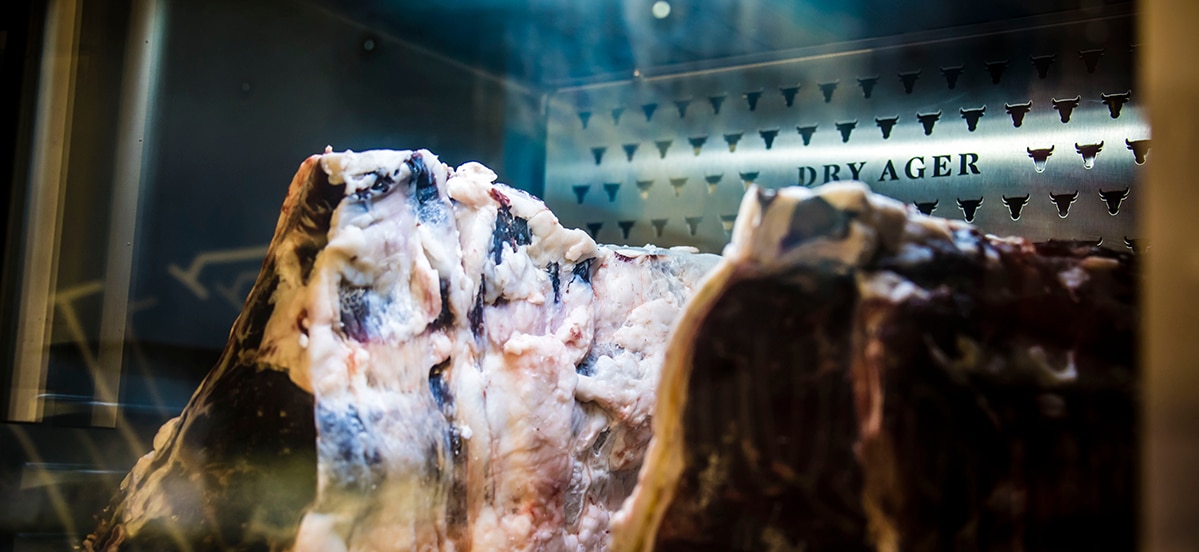
Where can we apply value adding?
We regard it as an important put of our business to assist in, and educate to our customers areas in their business where they can value add. We provide machinery and packaging solutions to clients to help them elevate their products and make them worth more to their clients.
However, the concept may be seen as being limited in scope in the food industry, confined to something like a butcher, where meats can be custom cut and marinated for the client. However, providing extra value to your customer is a great business strategy regardless of the type of business you run.
Creating added value in the food industry can be considered as simple as processing food, as added ingredients, time and investment could be considered to add value to raw produce. But processed food is so ubiquitous that something further is needed for the customer to feel that the value added is worth paying extra for.
This added value often relates to the changing trends in consumer preferences. For instance, at the moment, creating authentic food could be considered a way to make your product more valuable to a modern consumer. Authenticity in food means transparency to the origins, ingredients, and health benefits of the food. And it often also means that more traditional, simple and artisanal methods of preparing or cooking food are used as opposed to mass production.
For instance, the recent trend in dry aging utilizes a modern twist on a technique of natural meat preservation hundreds of years old. This method of adding value to normal cuts of meat can be used by butcher, restaurants and even more high-end supermarkets.
Another example would be Australian growers and food manufacturers, who create value simply by using and creating local produce, as opposed to imported goods. Many customers today prefer to consume locally made products.
This trend towards adding extra value to food can applied in many different industries. And it can be something as simple as just providing extra convenience or safety to your customers.
Simply ask yourself, what else would my customers find valuable when buying my products?
Many in the food industry add value by offering vegetarian and vegan friendly products. With the swiftly rising popularity of these two diets, having at least one such product adds a lot of worth to your business.
Supermarkets are a great example of how value adding is done. Typically, supermarkets are viewed as a pace we can go to just buy any groceries that we need. However, especially in the last few years, they have focused on offering products that are more specialized.
This includes tailoring offerings to current trends. For instance, providing more nutritious and diet friendly options, a far greater selection of ready meals, and far more fresh foods in proportion to preserved foods.
It even includes their recent push to make their stores more environmentally friendly. Offering sustainable packaging adds value, as many of today’s customers prefer a purchase that they can feel good about, even if it costs a little more.
In the restaurant, or butcher shop, offer an in-house dry aged selection with the Dry Ager® German-made meat maturing cabinets. By dry aging in-house with high quality machinery, customers will be more inclined to try the product and pay a premium, an authentic experience that is not yet seen in every shopping experience.
Overall, adding value is applicable for all industries, as long as you can find a way to add an extra something that customers love to your product. For poultry, this could be providing de-boned, butterflied chickens. In the dairy industry it can providing aged or smoked cheeses. Review your process for creating your product, from its origin to its packaging and find an area where you can add a little something extra.
Equipping the food industry to grow with food processing and packaging solutions
call 1300 88 99 51
email [email protected]
room 35 Shirley Way, Epping VIC 3076
room 9 Mcilwraith St, Wetherill Park NSW 2164
room 21 Hoyle Rd, Hope Valley WA 6165
room 27 Beal Street, Meadowbrook QLD 4131
room 7 Chadderton Bvd, Epping VIC 3076
room 40 Logistics Boulevard, Kenwick WA 6107
room 25 Hayton Road, Wigram, Christchurch 8042, NZ
Connect with us on LinkedIn
